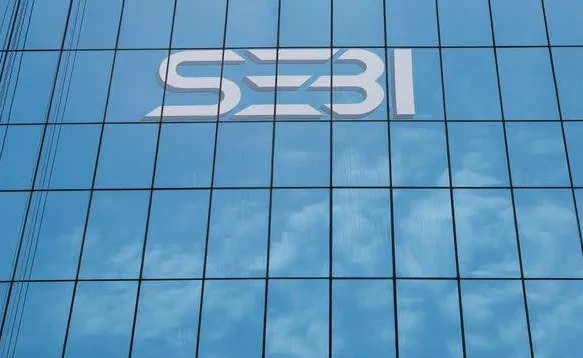What Are the New Intraday Limits SEBI Has Introduced for Index Options Trading?

Synopsis
Key Takeaways
- SEBI introduces new intraday position limits for index options.
- Net limit set at Rs 5,000 crore per entity.
- Gross limit capped at Rs 10,000 crore.
- Effective date: October 1.
- Monitoring includes random snapshots during trading.
Mumbai, Sep 2 (NationPress) The Securities and Exchange Board of India (SEBI) has rolled out a new framework aimed at monitoring intra-day positions in equity index derivatives to mitigate risks associated with excessive exposures and to uphold market liquidity and order.
According to an official notice, SEBI has set specific intra-day position limits for each trading entity, with a cap on net intra-day positions set at Rs 5,000 crore per entity, calculated on a futures-equivalent basis.
The total gross intra-day position will be restricted to Rs 10,000 crore, aligning with the current end-of-day gross limit.
These regulations will come into force on October 1, in light of escalating concerns regarding large positions taken by participants, particularly on options expiry days, which have induced volatility and posed threats to the integrity of the market.
Additionally, SEBI is exercising heightened caution following the alleged manipulation incident involving the Jane Street Group.
Stock exchanges are required to monitor positions by capturing at least four random snapshots throughout the trading session, with one of these checks mandated to occur between 2:45 PM and 3:30 PM, a time frame frequently characterized by increased trading as positions are settled before the market closes, according to SEBI.
SEBI has instructed stock exchanges and clearing corporations to work together to develop a standard operating procedure for intraday monitoring and to submit this within 15 days.
For entities that exceed the stipulated limits, stock exchanges will analyze their trading patterns and request justification for such positions from clients, scrutinizing trading in the constituents of the index and discussing these instances with SEBI during surveillance meetings, as stated.
On expiry days, when speculative pressures peak, any violations will incur additional penalties or surveillance deposits, to be determined collaboratively by the exchanges. The penalty provisions for breaches on expiry days will commence on December 6, 2025, coinciding with the conclusion of the glide path for position limits.







